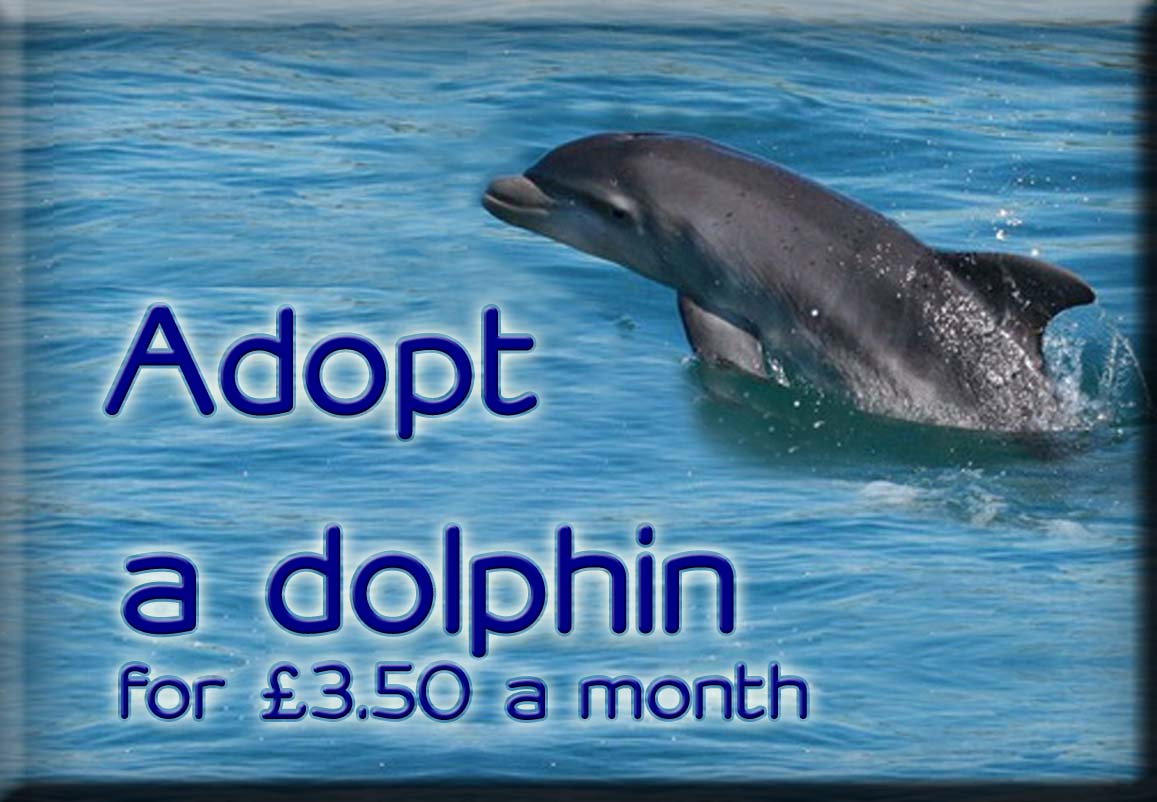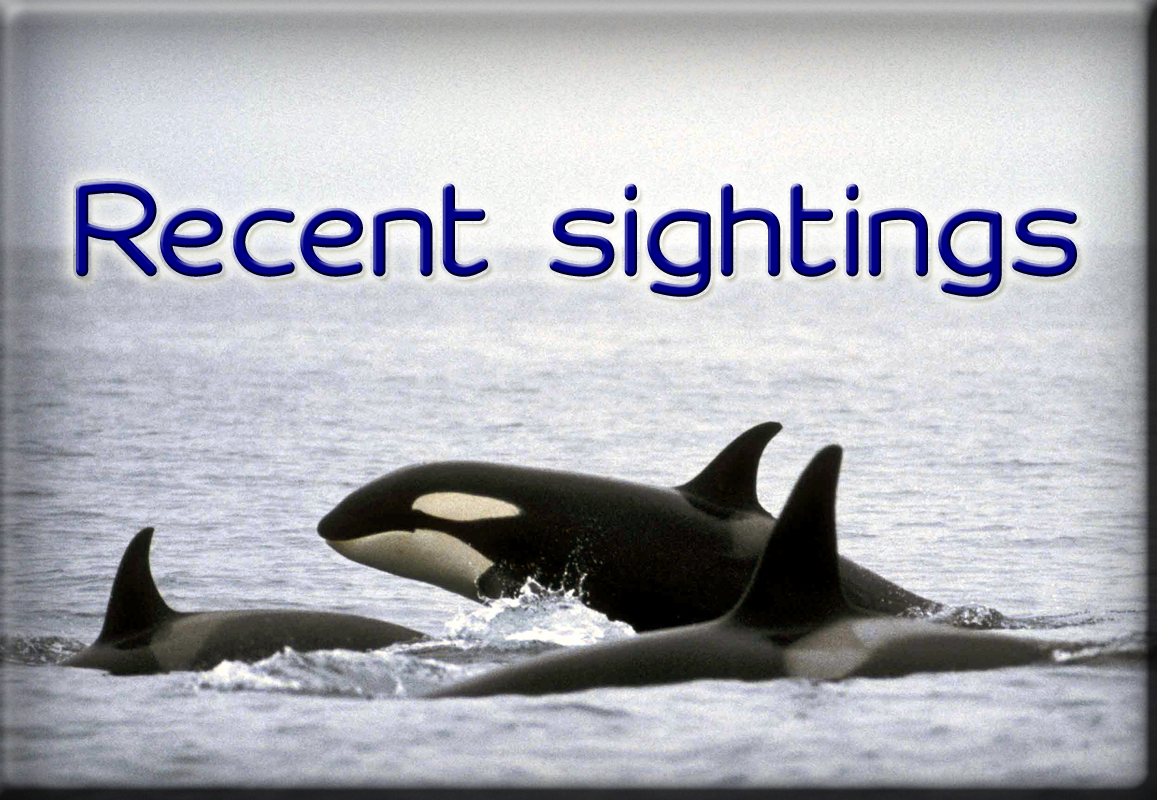It was a whole month ago that Sea Watch Foundation had the first report of possible pilot whales off the South-east coast. Observer, Colin Welsh, suspected he’d seen twenty off Dunwich in Suffolk on October 20th.
It was more than two weeks until the same species was spotted again, this time off the Norfolk coast at Cley by Steve Gantlet on November 10th. This time the sighting of twenty-three animals was confirmed by Sea Watch’s Regional Coordinator for Norfolk, Carl Chapman.

Long-finned pilot whales photographed off Weybourne, Norfolk on Monday 10th November
by Carl Chapman/ Sea Watch Foundation.
In the shallow coastal waters of Norfolk and the South-east there were instant concerns that this species, notorious for stranding, might find itself once again beached. Fearing that the whales were distressed, Carl notified the British Divers Marine Life Rescue (BDMLR) team about the sighting as he was observing an unsettled set of behaviours in the animals, such as spy-hopping and rapid breathing. BDMLR is a network of volunteer marine mammal medics that operate around the UK.
Since this sighting off Norfolk, it would appear that the same group of animals has made its way south, first to the Medway Estuary in Kent and then most recently, to the River Blackwater in Essex. Marine mammal medics, the RNLI and Briggs Marine Crew were able to escort the pilot whales out of the Medway on Monday, and Essex Police Marine Unit were on hand to lead the animals away from the Blackwater back to open sea on Tuesday.
“Nobody knows why it is that pilot whales so often strand. One theory is that the highly-social animals are following a leader amongst the group and they may follow an ill or confused leader all the way to the shallows and eventually beach” says Sea Watch Foundation’s Sightings Officer, Kathy James. “They may also be affected by loud noises in the ocean, or could simply be following prey into shallow waters and be finding it difficult to navigate away into the deeper open sea that is their normal habitat.”

Long-finned pilot whales underwater, showing features such as their long fins and bulbous head
by A Gannier/ Sea Watch Foundation.
“It has been heartening to see all the efforts that have gone into protecting this group of pilot whales off the English coast recently. We are a nation of animal lovers and this really illustrates that. It’s also a really important time to remind people of our Marine Code of Conduct for Cetaceans – responsible boat behaviours will do a lot for the marine wildlife of the UK” continues Kathy.
You can read the Sea Watch Foundation Marine Code of Conduct for boat users here: http://www.seawatchfoundation.org.uk/marine-code-of-conduct/. It includes simple activities such as not making sudden changes in direction and speed, the best way to approach animals, as well as ensuring that not too many vessels are in the vicinity at the same time.
To help Sea Watch Foundation monitor the route of the pilot whales you can report your sightings (from land or at sea) on our sightings page. In fact, it’s not just pilot whales we want to hear about, but all whales, dolphins and porpoises you may be lucky enough to see!
























